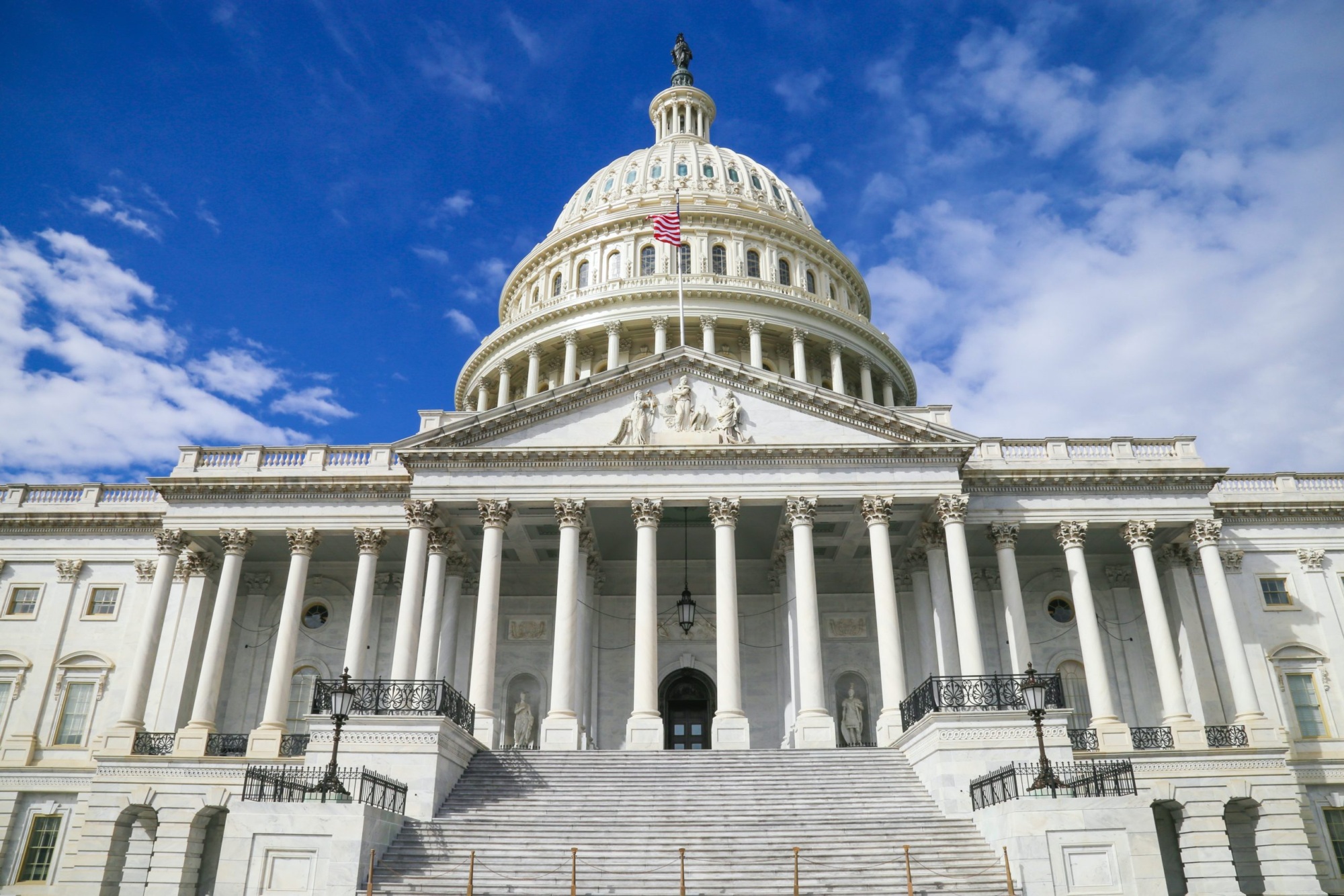Inauguration Basics for Nonprofits

Despite all of the brouhaha, including a spate of failed lawsuits, surrounding Donald Trump’s refusal to publicly acknowledge the election results, Joe Biden will be sworn in on January 20, 2021 as the 46th President of the United States. In the years before the pandemic, the inauguration of a US president was commemorated with a parade, celebratory balls, and parties all over DC. People would line the streets to watch the parade and gather on the National Mall to celebrate the inauguration, with some years seeing larger crowds than others. This year will undoubtedly look different but there will still be some form of inauguration, whether it is online, socially distanced, or a combination of both. As January 20 approaches, nonprofits will be wondering what they may or may not do.
The inauguration ceremony is planned by the Joint Congressional Committee on Inaugural Ceremonies (JCCIC)–it plans the swearing in, the construction of the stage where the ceremony is conducted, and traditionally the departure of the outgoing president and an inaugural lunch for the newly sworn in president. This year, it is far from clear which events other than the swearing in will occur, both due to the pandemic but also the Republican Party’s refusal to recognize the results of the election. As recently as December 8, Republicans on the JCCIC voted against a resolution that recognized Biden as the winner of the election and set limits on the number of attendees at the inauguration. What type of planning is happening is far from clear; however, DC press has reported that a stage has been constructed.
Many other parts of Inauguration Day are planned and funded by an inaugural committee, this year by the Biden Inaugural Committee. The Committee is a legal entity of its own, structured as a 501(c)(4) organization. It is separate and distinct from the transition team that works to ensure the new administration is ready to govern on day one. The inaugural committee is formed for one purpose: to plan and hold the inauguration festivities, including the traditional parade, and to accept contributions to fund these events.
Contributions to inaugural committees are governed by the Federal Election Campaign Act. The rules on allowed contributors are much more expansive than those that apply to contributions to candidates for federal office. Under the campaign finance laws, only foreign nationals are prohibited from contributing to an inaugural committee. Therefore, it is permissible for individuals and corporations, including nonprofits, to contribute to an inauguration committee. While it is permissible for a 501(c)(3) to contribute to Biden’s 501(c)(4) inaugural committee, any contribution should be given with the caveat that it cannot be used for partisan purposes. Under the federal election laws, the inaugural committee must file a report on all contributions over $200 with the Federal Election Commission 90 days after the date of the inauguration.
Organizations that are registered under the Lobbying Disclosure Act also need to be cognizant of reporting requirements. Any contributions made to the inaugural committee by an organization or its registered lobbyists must be reported in the organization’s LD-203 lobbying report. Because of COVID-19, the Biden Inaugural Committee may be hosting on-line events instead of in-person events. These on-line events may also be subject to the Lobbying Disclosure Act if Biden officials that meet the definition of covered official are participants. A 501(c)(3) could participate in these events, but organizations that are registered under the LDA may need to report any contacts with administration staff if discussions meet the definition of lobbying. See Bolder Advocacy’s resources on the Lobbying Disclosure Act for more information on registration and reporting requirements.
In previous years other entities, including political parties and corporations, have also hosted inauguration events and parties. These “non-official” events, like the official events, will probably take place in an on-line format this year. A nonprofit corporation could attend or even host a non-official event, once again being cognizant of any interactions with Biden administration or Congressional representatives or staff that could trigger LDA reporting requirements. Political parties may also host inauguration events. A political party event to discuss policy issues and to toast the incoming administration would be permissible for a 501(c)(3) to attend or participate in, provided the event is conducted in a nonpartisan manner, and there is no fee to attend. It would be risky for a 501(c)(3) to pay a fee to a political party because the funds could be used for partisan purposes.
While it is still not clear what the inauguration will look like, 501(c)(3)s can congratulate the President and Vice President on their inauguration. Of course, nonprofits can also encourage the new administration to support and prioritize their policy agenda. For more information on advocacy and lobbying, see the resources on the Bolder Advocacy website or reach out to our Technical Assistance team with any specific questions on your nonprofit’s advocacy.
